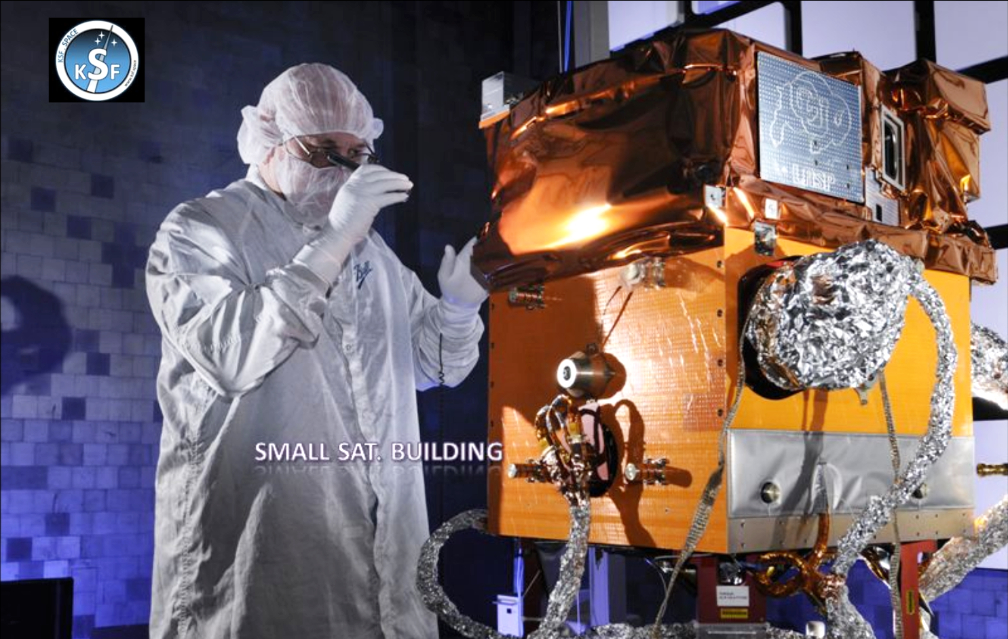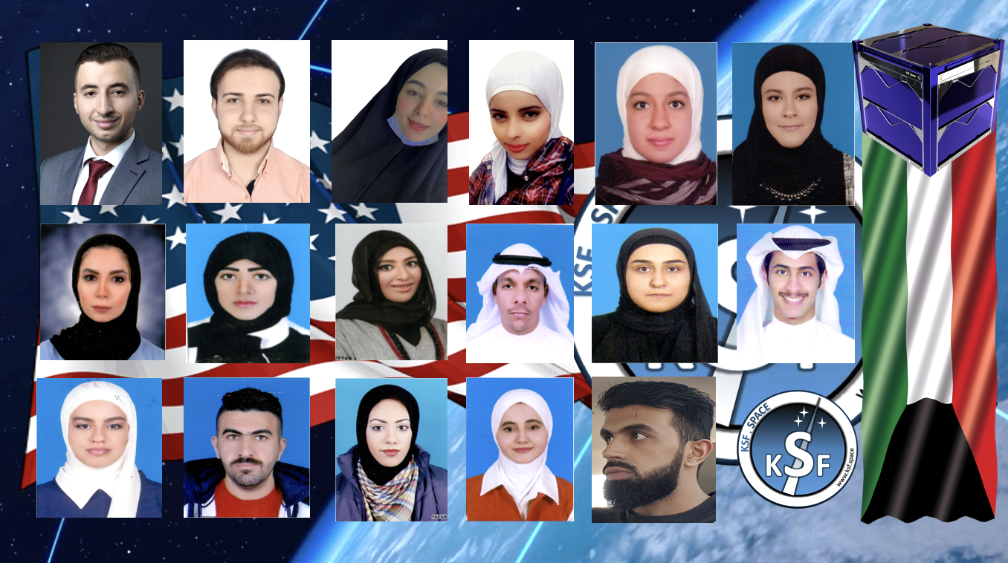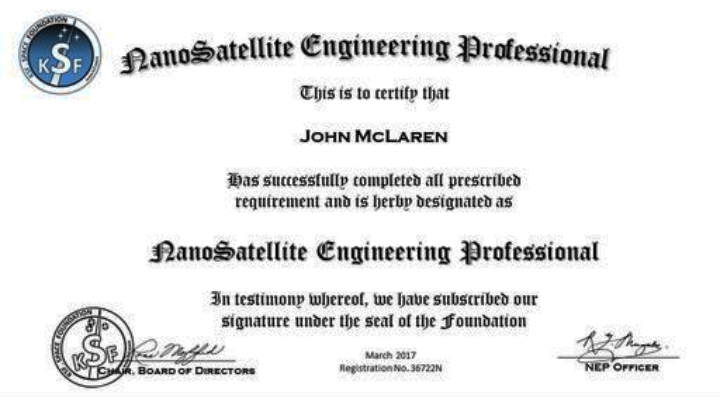
KSF Space Foundation was initially established to generate cost-efficient satellites and provided access to LEO with no harmful influence on the environment through the firm’s flying solutions.
Now, however, KSF is playing a crucial role in education, especially aerospace engineering. Recently, KSF Space launched its most cost effective cubesat for universities and other research institutes. KSF is collaborating with different academic institutes and providing great opportunities to students and researchers and has also launched the NEP certification as well as adding two significant collaborations in Kuwait and Maldives.
In June of this year, KSF Space Foundation awarded more than 30 students Nanosatellite Engineering Professional Certification (NEP). These candidates, from the Maldives, the USA and Kuwait, all participated in various satellite programs. Students were awarded this certificate due to their stellar performance in accomplishing KSF projects. The award means that the students have all of the required knowledge and expertise to become satellite engineers. The certification opens the door to numerous career opportunities for these students.

Professional engineers of the KSF Space Foundation established the world’s first and foremost curriculum program — NEP — that targets startup companies, universities and every space industry across the globe to educate engineers, students and teachers for the building and progress of their smallsats.
NEP certification verifies the upcoming job opportunities in the satellite industry and, according to the company, NEP certification will be an obligatory prerequisite for the numerous, upcoming jobs.
The following opportunities will be afforded those who possess an NEP certification:
Collaborate and interact with other NEP specialists worldwide, thus enhancing your proficiency achievement and expansion chances.
Possess more knowledge about smallsat engineering and their applications than other NEP experts.
NEP certification has been launched this year and identifies space engineering abilities and it is an excellent add-on for every aerospace engineer.

KSF Space Foundation is also working with different academic institutes and providing numerous opportunities for the students to learn and enhance satellite and aerospace engineering expertise. Recently, the organization made two of its most essential collaborations with academic institutes from Kuwait and Maldives.
Kuwait was the foremost association in North Africa (NA) and Gulf Cooperation Council (GCC) to launch a cubesat in June to space in collaboration with KSF Space Foundation, with their smallsat designed to quantify ultraviolet radiation and climate change.
The Kuwait College of Science and Technology (KCST) will be ahead of every academic institute in NA and GCC to conduct such experiments. KCST students have joined this program whose purpose is to transmit fundamental and essential proficiencies to construct smallsats, augment global understanding and collaboration, accelerate eagerness, boost a cooperative network of teachers, students, and alumni, and inspire ground-breaking space development to improve the quality of life on earth.
KSF Space Foundation is also collaborating with the Maldives’ Institute for Global Success (IGS). The main aim of the collaboration is to assist the Maldives in establishing its initial, university-built satellite. In addition, KSF Space Foundation will help IGS develop their space program, unlock new prospects and bring hope for Maldivian youth interested in developing their careers through this partnership.The partnership will also help the aptitudes and the proficiencies of Maldivians, developing a new engineers, scientists and leaders.
“The purpose of the project is to better understand the reaction of climate change and measuring ultra violet radiation in space. The expected results could prove valuable information for human and science,” said Dr. Kayyali, the Chairman of KSF Space.
NEP is the world’s first curriculum program designed for aerospace and satellite professionals.
